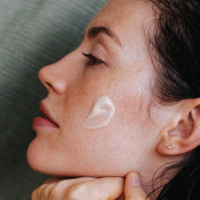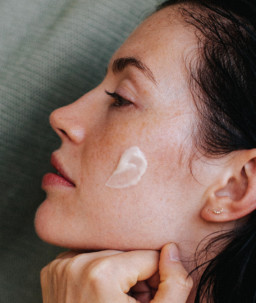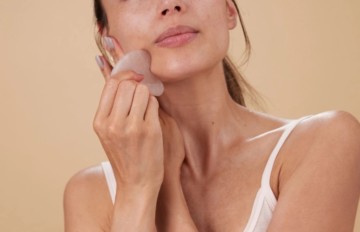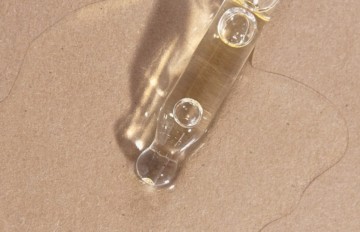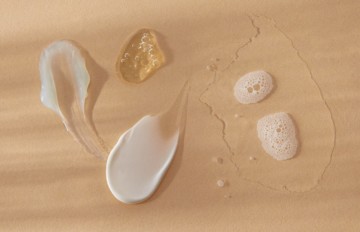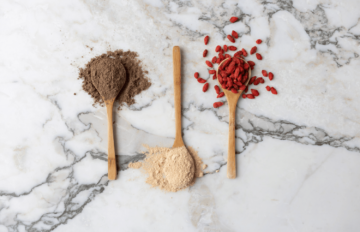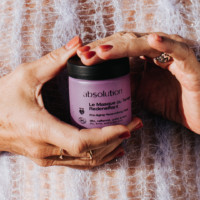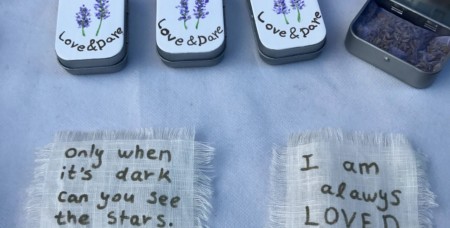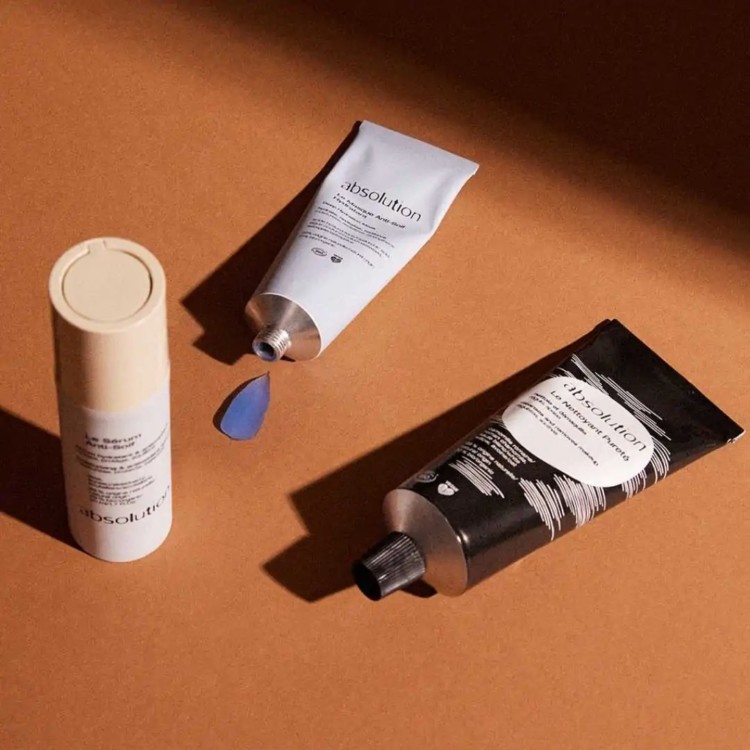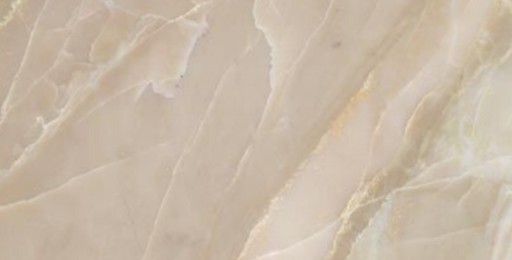
Why is the skin on my face flaking?
Flaky facial skin
Desquamation (the scientific term for peeling or flaking skin) can have many causes, both natural and pathological. However, there are many active ingredients and skincare products that can help to protect and relieve flaky skin on the face.

A closer look at skin desquamation
The term “desquamation” refers to the shedding of skin cells during the skin renewal process. Small flakes of skin are shed from the face and all other parts of the body, including the scalp. Desquamation is a completely natural phenomenon, as skin cells are constantly falling off the skin, to be replaced by new ones. However, it becomes abnormal when these tiny flakes of skin, called squames, are shed in excessive amounts. When this happens, not only can it be a problem from an aesthetic point of view, but it can also lead to skin discomfort, such as unpleasant itching sensations.
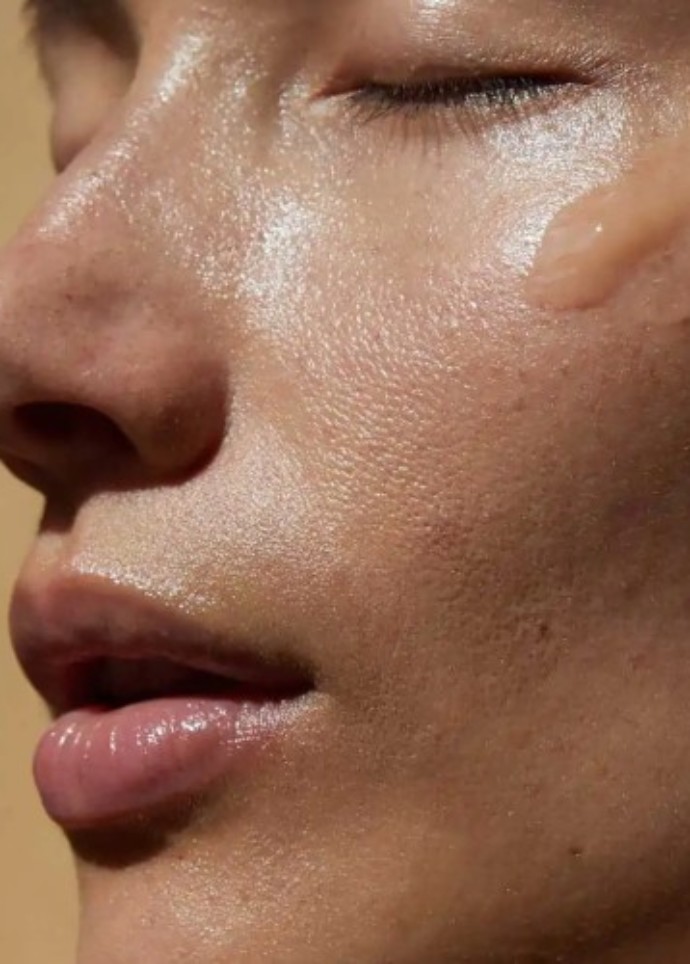
Flaky skin on the face: what are the causes?
There are many possible causes of abnormal flaking on the face. Below are just some of the reasons why your skin may peel.
- A skin allergy: Unsuitable cosmetic products, a particular fragrance, and even laundry detergents may irritate your skin and cause it to flake and peel.
- A skin condition: An inflammatory skin disease, such as psoriasis, can make skin cells renew themselves too quickly.
- An infection: A fungal infection, measles, or seborrhoeic dermatitis can cause severe flaking.
- Burned skin: When the skin is burned by UV rays (i.e., sunburn), heat, a chemical substance, or even extreme cold (yes, the cold can “burn” your skin too!), this can damage skin cells on the face and make the skin peel.
Skincare products to prevent flaking and peeling
The first thing to do if you want to avoid flaky skin on the face is to keep your skin well moisturized. To do this, it’s best to use high-quality skincare products that will nourish your skin both deeply and gently. Our Addiction Night & Day Face Oil is an excellent example. It’s formulated with 100% naturally derived ingredients, including Jojoba Oil, Plum Oil and Evening Primrose Oil, which work together in synergy to strengthen the skin barrier and maintain skin’s moisture levels. You should also look for active ingredients that will not only help to speed up skin healing, but also calm sensitive and reactive skin types, which can be prone to flaking. Centella Asiatica, also known as tiger grass, is one of these. You’ll find it in our day cream, La Crème Beau Jour, and in our anti-blemish treatment, La Cure Peau Nette. Finally, avoid exposing your skin to harsh products and always protect it from the sun.
What skincare products can you use to treat flaky skin on the face?
If the skin of your face is already flaky, you need to adopt a gentle skincare routine, with products tailored to your skin type. And it goes without saying that you should continue to give priority to active ingredients that moisturize, nourish and strengthen. Ideally, try to use skincare products that complement each other, as this will allow for more effective, more comprehensive action. At Absolution, we recommend a complete routine for flaky skin that will rebalance and strengthen reactive or sensitive skin types. It involves cleansing with Le Nettoyant Pureté, rehydrating every day with Le Sérum Anti-Soif, and using the Le Masque Velours Repulpant face mask once a week to moisturize, nourish and repair.
If the problem persists, or if you suffer from chronic or severe flaking, don’t hesitate to consult your doctor or dermatologist. A skin infection, skin condition, or even a vitamin deficiency can cause flaky facial skin – and in such cases, medical treatment may be required.
